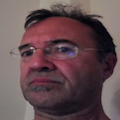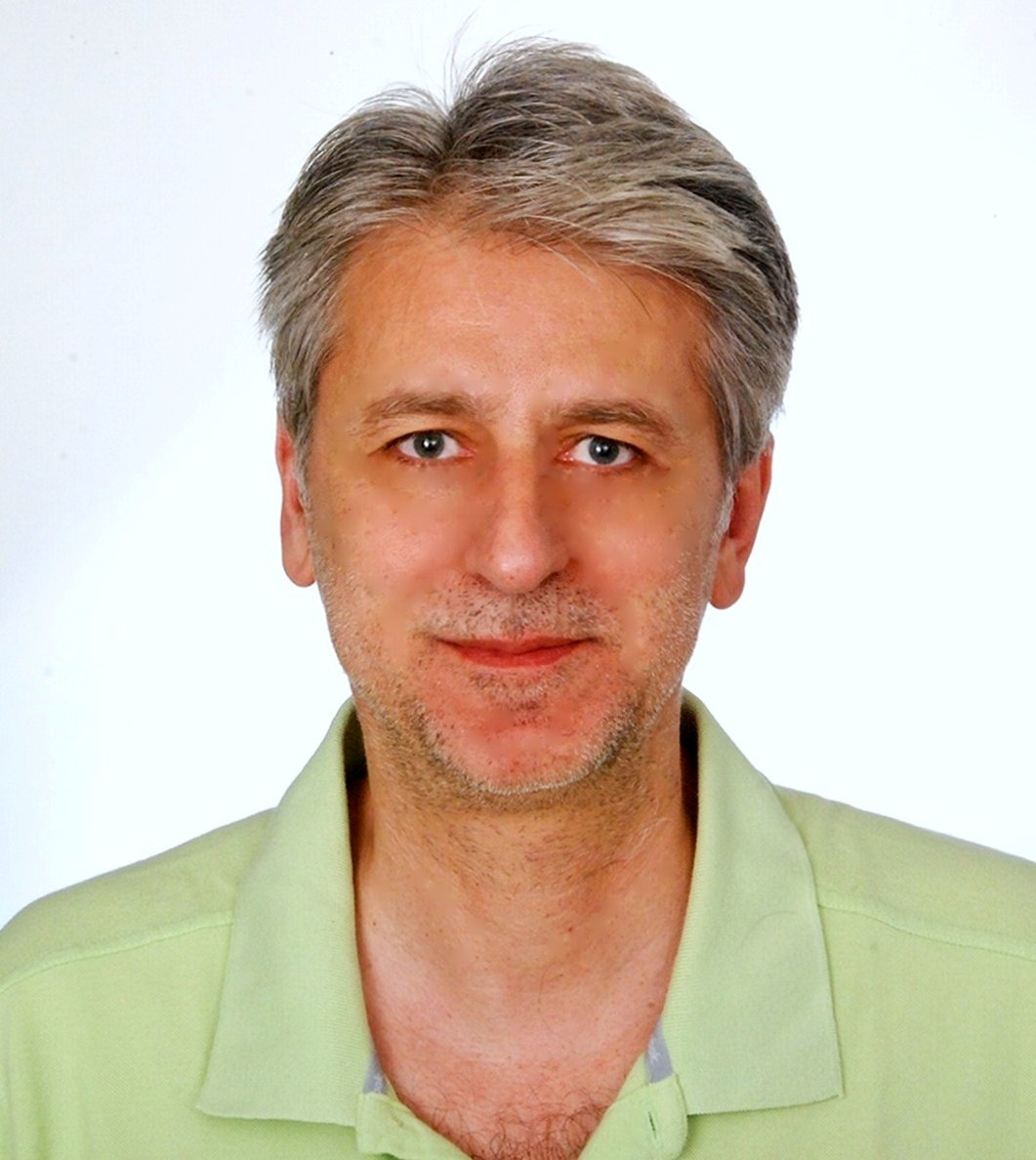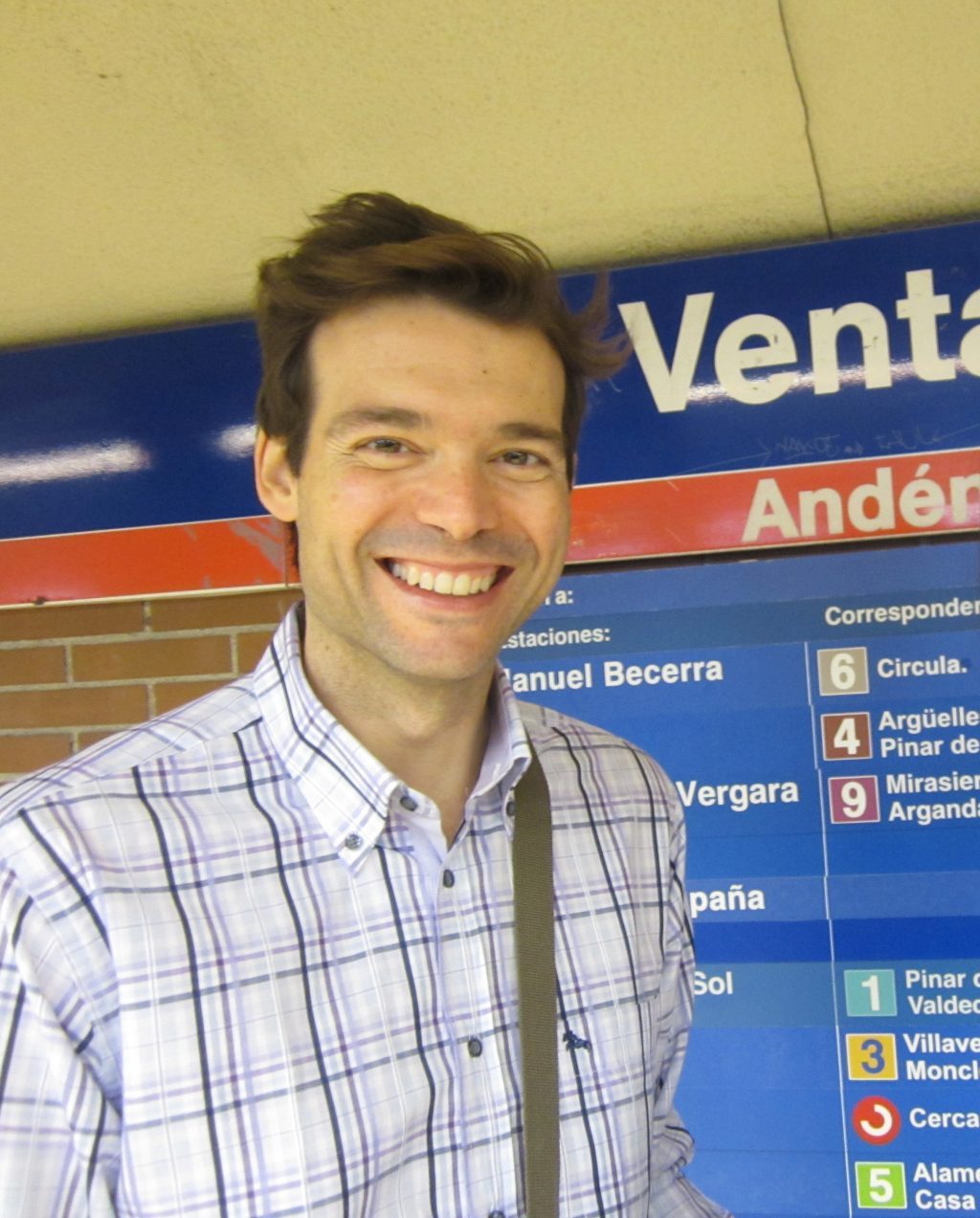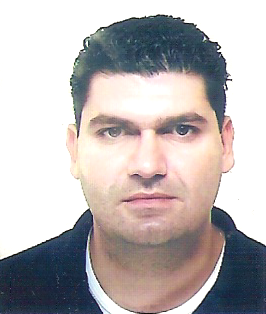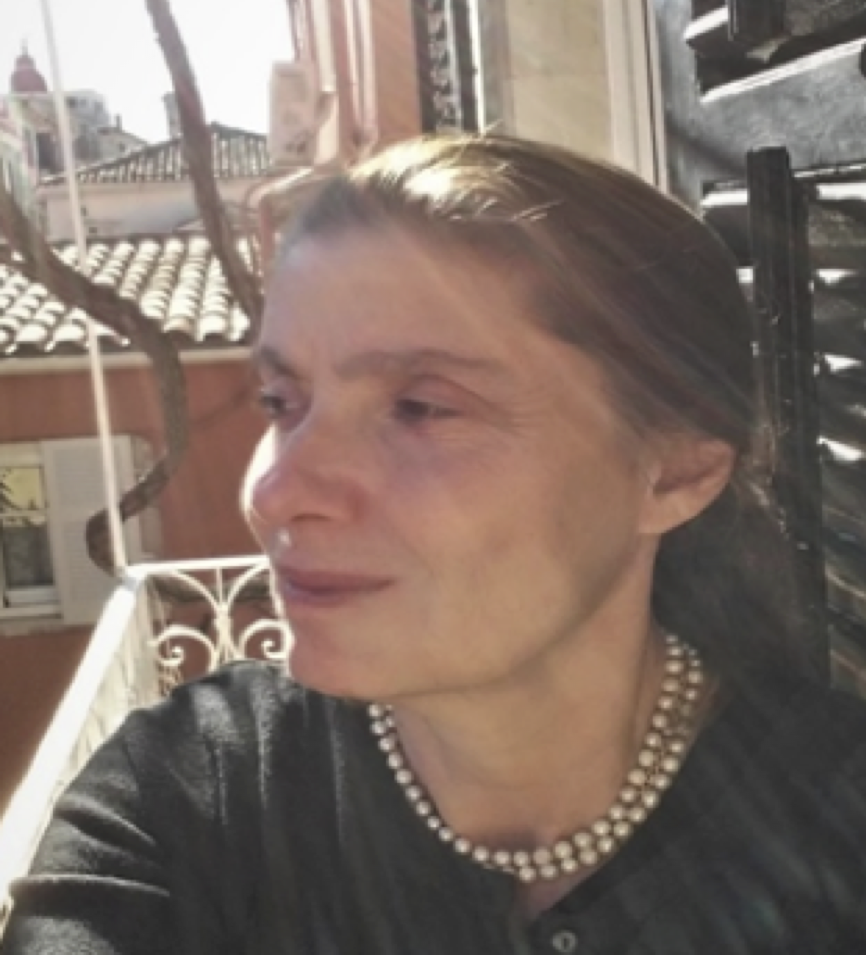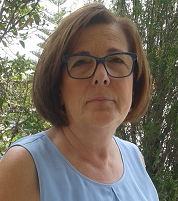Research Summary
Library information systems and networks, digital content management, digital repositories, scholarly communication, academic publishing, e-textbook creation, research data management, FAIR principles application to academic institutes, meta-data modelling, search techniques, IT middleware platforms
Interests
- Library information systems and networks
- Electronic Publishing
- Meta-data modelling
- Scholarly communication
Laboratory of Information Management
Information Management Laboratoty - Members
The Information Management Research Lab is part of the Archival, Library and Information Studies Department of University of West Attica.
The members of the Laboratory are involved in many research projects on topics like Digital Libraries, Data and Metadata Management, Archives and Records Management, Publishing and related information industries, Content Delivery, Storage and Presentation, Conservation documentation, Conservation and preservation of paper and archival materials, Data and Text Mining, Distance learning / E-Learning, Human Computer Interaction - Information technology acceptance, Information literacy, Knowledge Management and Discovery, Open Access, Open Science, Open Learning, Ontologies - Linked data - Semantic web, Modern Greek History, Cultural Management, Information Policy, etc.
Large Scale Research Projects
-
The European “CrossCult”: Empowering reuse of digital cultural heritage in context-aware crosscuts of European history” project aimed to spur a change in the way European citizens appraise History. It fostered the re-interpretation of what citizens may have learnt in the light of cross-border interconnections among pieces of cultural heritage, other citizens’ viewpoints and physical venues. It sought to increase retention, stimulate reflection and help citizens appreciate their common past and present in a more holistic manner. Technology and mobile apps used and a user-friendly and a cost-efficient tool for experience designers, museum experts and external stakeholders, was developed.
A 3 year-round project starting in March 2016 and ended in 2019
- 11 contractual partners coming from Luxembourg, Spain, Greece, United Kingdom, Malta, France and Italy
- More than 15 complementary European associated partners: venues, cities, non-governmental organizations and SME’s
- 4 flagship pilots across Europe: London, Lugo, Chaves, Epidaurus, Aquae Tauri, Tripolis, Luxembourg City, Valetta
-

The proposed research aims at exploring the problems inhibiting in the damage detection and conservation interventions assessment of cultural artifacts through the use of NDTs (Non Destructive Testing Techniques). The concept of the project is to develop an Integrated Information Environment (IIE), through the interdisciplinary collaboration in three different research fields which will cover: firstly the research on decay and conservation – restoration interventions assessment, secondly, the research in the digital elaboration analysis and thirdly the research on documentation of cultural artifacts, by means of NDTs. Currently, different teams of researchers, material and electronic engineers, conservators, etc. use NDTs in a non-standardized way, and they are consequently unable to exchange data and knowledge. Cultural artifacts go under multiple conservation interventions through time, however, the records of these interventions cannot be easily retrieved because they are either not stored at all or not stored in a standardized way. The proposed approach is innovative aiming precisely at solving this systemic weakness by creating the standards and the environment which will significantly increase the efficiency of research. This will be achieved through the contribution of information scientists who will introduce the use of open standards for the description of NDTs and their process.
-

The Hellenic Academic e-books project managed to enrich with new open scientific content in the form of academic text-books. The proposed research aims at exploring the problems inhibiting in the damage detection and conservation interventions assessment of cultural artifacts through the use of NDTs (Non Destructive Testing Techniques). The concept of the project is to develop an Integrated Information Environment (IIE), through the interdisciplinary collaboration in three different research fields which will cover: firstly the research on decay and conservation – restoration interventions assessment, secondly, the research in the digital elaboration analysis and thirdly the research on documentation of cultural artifacts, by means of NDTs. Currently, different teams of researchers, material and electronic engineers, conservators, etc. use NDTs in a non-standardized way, and they are consequently unable to exchange data and knowledge. Cultural artifacts go under multiple conservation interventions through time, however, the records of these interventions cannot be easily retrieved because they are either not stored at all or not stored in a standardized way. The proposed approach is innovative aiming precisely at solving this systemic weakness by creating the standards and the environment which will significantly increase the efficiency of research. This will be achieved through the contribution of information scientists who will introduce the use of open standards for the description of NDTs and their process.
